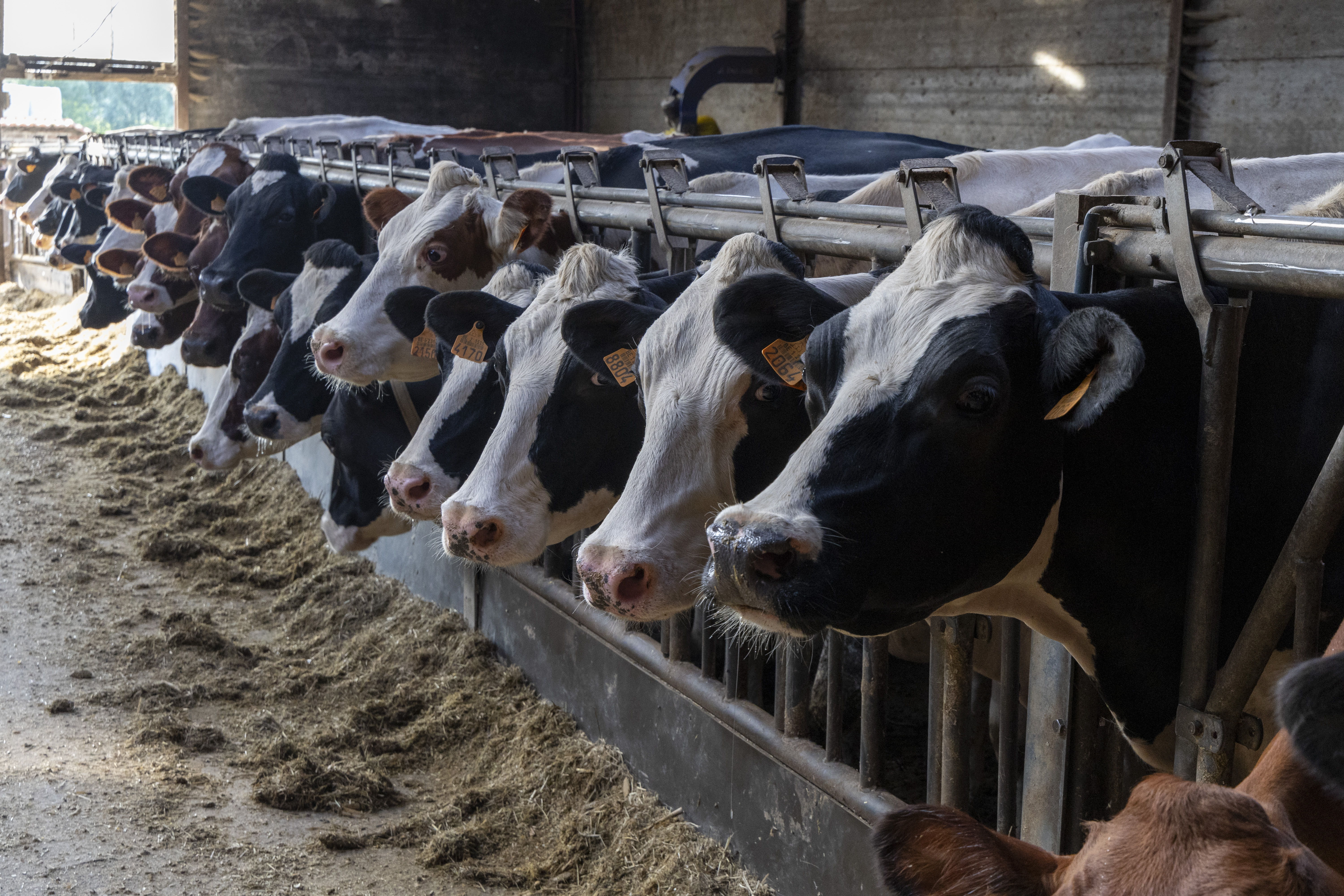Bluetongue virus numbers on the rise in Belgium

The number of outbreaks of bluetongue virus in Belgium has risen to 222, the Federal Food Agency (FAVV) reported on Wednesday.
Bluetongue is a viral disease that affects sheep, cattle and other ruminants and is transmitted by gnats or small mosquitoes. While Belgium had no cases of bluetongue for an extended period, an outbreak was detected in a small sheep farm in Merksplas, Antwerp province, in October 2023.
Numbers indicated that the virus was spreading rapidly in the Netherlands, but there is now a clear increase in Belgium as well. On Tuesday, there were 222 outbreaks, compared to 194 the day before. On 25 July there were 56 infections, according to FAVV spokesperson Hélène Bonte. "We now expect it to increase further with dozens of infections per day," she said.
According to the latest figures, most outbreaks are in Antwerp, Limburg and Liège, with 52, 49 and 47 outbreaks respectively. In Flemish Brabant, the number is 25. In East Flanders, there are 16 outbreaks, while West Flanders has one reported outbreak. In Wallonia, there are 12 outbreaks in Namur, 9 in Walloon Brabant and 5 each in Luxembourg and Hainaut.
Because Belgium lost its status as a bluetongue-free country last year, the export of live cattle or sheep from Belgium to other EU member states is currently limited.
© BELGA VIDEO NICOLAS MAETERLINCK
In battling the virus, only preventive measures are useful, such as vaccination. While it does not stop the spread, it protects the animals against the worst symptoms. Other preventive measures are also possible, such as housing animals at dusk or ensuring good ventilation in the stable.
The classic symptoms of bluetongue are fever, limping, lack of appetite, excessive saliva production, swelling and blueing of the tongue. Animals can also die after becoming infected.
Bluetongue is harmless in humans. Animal products therefore remain safe, according to the FAVV.
Cows with bluetongue virus seen during a veterinary visit to Scheldewindeke, Oosterzele, 6 August 2024.
© BELGA PHOTO NICOLAS MAETERLINCK
Related news
